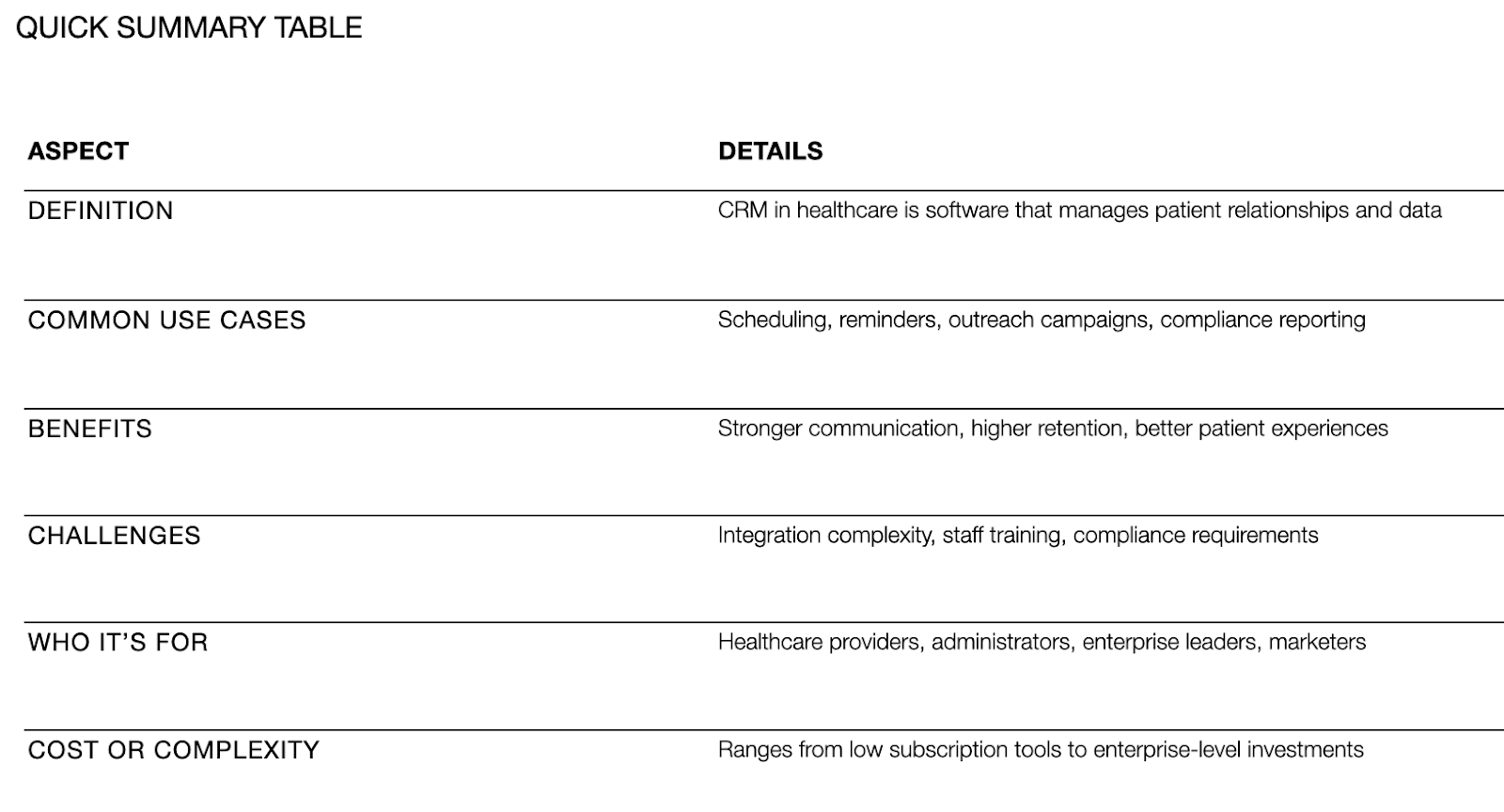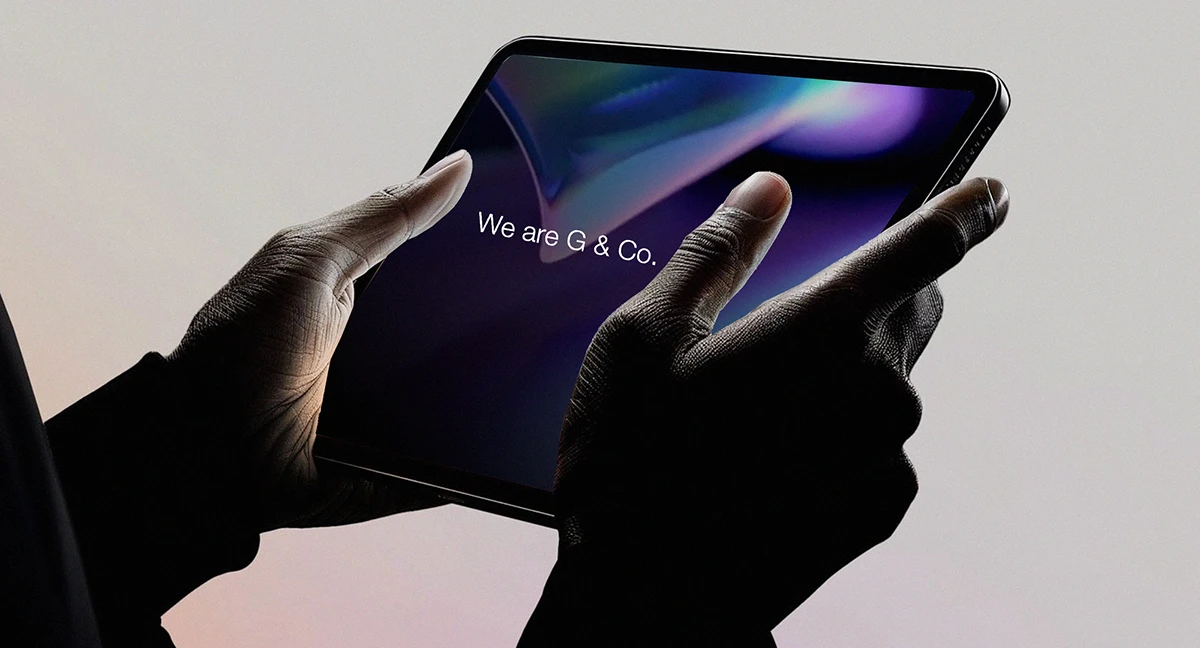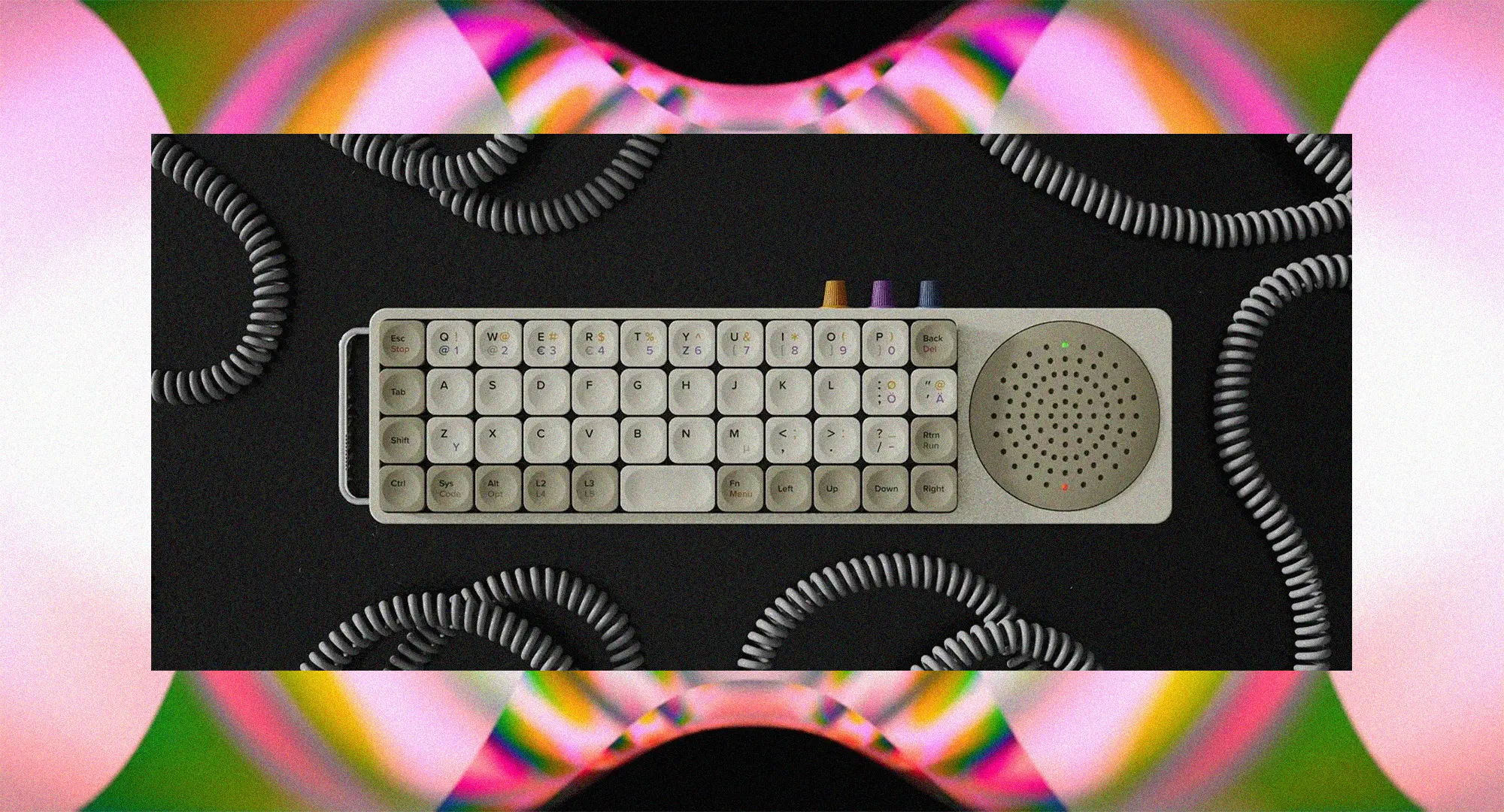
CRM in Healthcare: How to Pick the Right CRM Platform
Introduction
Healthcare organizations face growing pressure to improve patient experiences, streamline operations, and manage data at scale. Many leaders recognize technology as a solution, but confusion remains about how to apply it effectively. A major area of focus is CRM in healthcare industry settings, where the right system can define patient loyalty and operational success.
This article explains what healthcare CRM is, why it matters, and how to choose the best healthcare CRM software. It offers clarity for enterprise executives, showing how CRM for healthcare providers and organizations creates a competitive advantage. Directors, VPs, SVPs, and Heads will leave with actionable insights to evaluate options and move forward with confidence.
Market Context: Disruption & Opportunity
The healthcare industry is shifting from volume-based care to value-based care, with stronger emphasis on patient engagement. Traditional record systems fail to manage complex patient journeys, leaving gaps in communication. CRM in healthcare industry adoption is addressing this gap by centralizing data, supporting outreach, and improving decision-making.
This matters because enterprise healthcare providers compete on both quality and efficiency. Without crm healthcare systems, providers risk fragmented communication and poor patient satisfaction. The opportunity lies in adopting crm software for healthcare industry use that builds loyalty, trust, and measurable outcomes.
FAQs Snapshot

What is CRM in healthcare?
CRM in healthcare industry settings refers to software that helps providers manage patient relationships and data in one platform. A healthcare crm centralizes interactions, tracks patient history, and strengthens engagement. This allows providers to coordinate care more effectively, improve retention, and streamline operations.
Why is CRM important in healthcare?
CRM for healthcare improves patient experiences and ensures efficient operations. Healthcare crm software allows teams to access a unified view of patient interactions. This reduces duplication, supports personalized communication, and improves trust. Without crm and healthcare integration, organizations struggle to scale quality care.
How to choose the right CRM platform for healthcare?
Choosing the best crm for healthcare means aligning features with organizational needs. Leaders should evaluate if crm for healthcare industry adoption supports compliance, data integration, and engagement. Usability, scalability, and cost must be considered. The best healthcare crm software for enterprise providers will support growth and advanced operations, not just basic scheduling.
Who uses CRM in healthcare organizations?
CRM for healthcare providers is used by care teams, administrators, and marketing staff. Providers use crm healthcare for scheduling, follow-ups, and communication. Administrators rely on crm software for healthcare industry compliance reporting and analysis. Marketing teams use crm for healthcare marketing to deliver targeted campaigns.
What are the benefits of CRM for healthcare providers?
Benefits of crm for healthcare providers include better communication, efficient scheduling, and improved data management. CRM healthcare systems support patient retention, reminders, and engagement. By choosing the best healthcare crm software, organizations strengthen both patient outcomes and business growth.
What challenges exist in adopting healthcare CRM?
Challenges include integration, staff training, and compliance. CRM software for healthcare industry use must meet strict privacy regulations. Teams must also adapt to new workflows. Despite these hurdles, crm in healthcare industry adoption delivers strong returns when implemented with strategy.
Benefits of Healthcare CRM
Healthcare crm software improves patient care, operations, and marketing. It delivers overall advantages by increasing engagement and supporting data-driven decisions. CRM for healthcare industry organizations enables centralized data management, reducing errors and supporting efficiency. CRM for healthcare providers improves follow-up and coordination. Best healthcare crm software solutions also enhance marketing, enabling crm for healthcare marketing campaigns that reach the right patients with the right message. In summary, crm and healthcare integration builds trust, improves outcomes, and creates growth.

Let’s kickstart the conversation and design stuff people will love.

Deep-Dive Sections

What It Is & Why It Matters
Healthcare crm centralizes patient data and communication. Fragmented systems cause errors and missed opportunities. CRM in healthcare industry organizations improves coordination, strengthens trust, and ensures consistent care. Enterprise adoption of crm healthcare supports compliance and drives growth.
How It Works
A healthcare crm collects data from call centers, appointments, and digital channels. CRM software for healthcare combines this into a single record. Staff use it to manage reminders, follow-ups, and treatment progress. The best healthcare crm software integrates with EHR systems, billing tools, and analytics.
When to Use It (and When Not To)
CRM for healthcare industry adoption is best for providers that manage large patient populations or marketing campaigns. Smaller practices with simple scheduling may not need full crm software for healthcare industry solutions. Leaders should consider scale, compliance, and engagement goals before adoption.
Tools or Platforms Involved
Healthcare crm software includes dedicated platforms and enterprise systems. The best crm for healthcare integrates with records and marketing systems. CRM for healthcare providers focuses on communication, while enterprise platforms emphasize compliance and reporting. Best healthcare crm software depends on aligning tools with goals.
Cost Considerations
Costs vary by platform size and complexity. Subscription crm for healthcare providers can be affordable, while enterprise crm healthcare platforms require higher investments. Leaders must compare costs against benefits such as retention, marketing reach, and efficiency.
Integration or Setup Requirements
Successful crm healthcare implementation requires integration with existing systems, staff training, and compliance checks. CRM and healthcare adoption works when leadership provides resources and planning. Best healthcare crm software providers often assist with setup and support.
Scalability & Flexibility
Enterprise healthcare providers need crm for healthcare industry platforms that scale across locations and teams. The best healthcare crm software can handle high patient volumes, adapt to regulation changes, and support growth. Scalability ensures long-term value.
Alternatives or Comparisons
EHR systems alone lack engagement tools. CRM in healthcare industry software offers stronger communication and marketing features. Marketing automation tools are alternatives, but they do not manage full patient journeys. For enterprise providers, crm software for healthcare is the superior option.
Trends
Trends include AI-enabled crm healthcare platforms, predictive analytics, and personalized outreach. Best healthcare crm software is expanding into telehealth and digital health integrations. CRM for healthcare marketing is becoming a key driver for growth campaigns.
Pros and Cons
Pros include better engagement, higher efficiency, and improved patient satisfaction. Cons include integration challenges, upfront costs, and training. CRM software for healthcare industry providers remains valuable when implemented with strategy.
How G & Co. Can Help

G & Co. has extensive experience supporting enterprise brands with healthcare crm adoption. We provide consulting for strategy, selection, and integration. Our teams align crm for healthcare providers with business objectives, ensuring adoption success. We help organizations evaluate the best healthcare crm software, implement it effectively, and achieve measurable results. Talk to us to clarify your strategy and move forward with confidence.
Conclusion & Next Steps
Healthcare CRM has moved beyond being a back-office tool to becoming a driver of patient loyalty, operational efficiency, and growth. The right platform helps providers connect fragmented data, deliver personalized care, and adapt to the industry’s shift toward value-based models. For decision-makers, the focus should be on solutions that scale, integrate smoothly, and support compliance without adding complexity. While implementation requires planning, the payoff is stronger patient relationships, clearer insights, and a more agile organization.
In short, the right CRM doesn’t just support healthcare operations—it elevates them, positioning providers to compete and thrive in an increasingly digital, patient-first landscape.
At G & Co., we work with healthcare enterprises to modernize digital strategy, improve patient engagement, and implement technology solutions that deliver results. Our expertise ensures crm software for healthcare adoption creates impact. Still have questions? Reach out and let’s solve them together.






%20(1).png)




